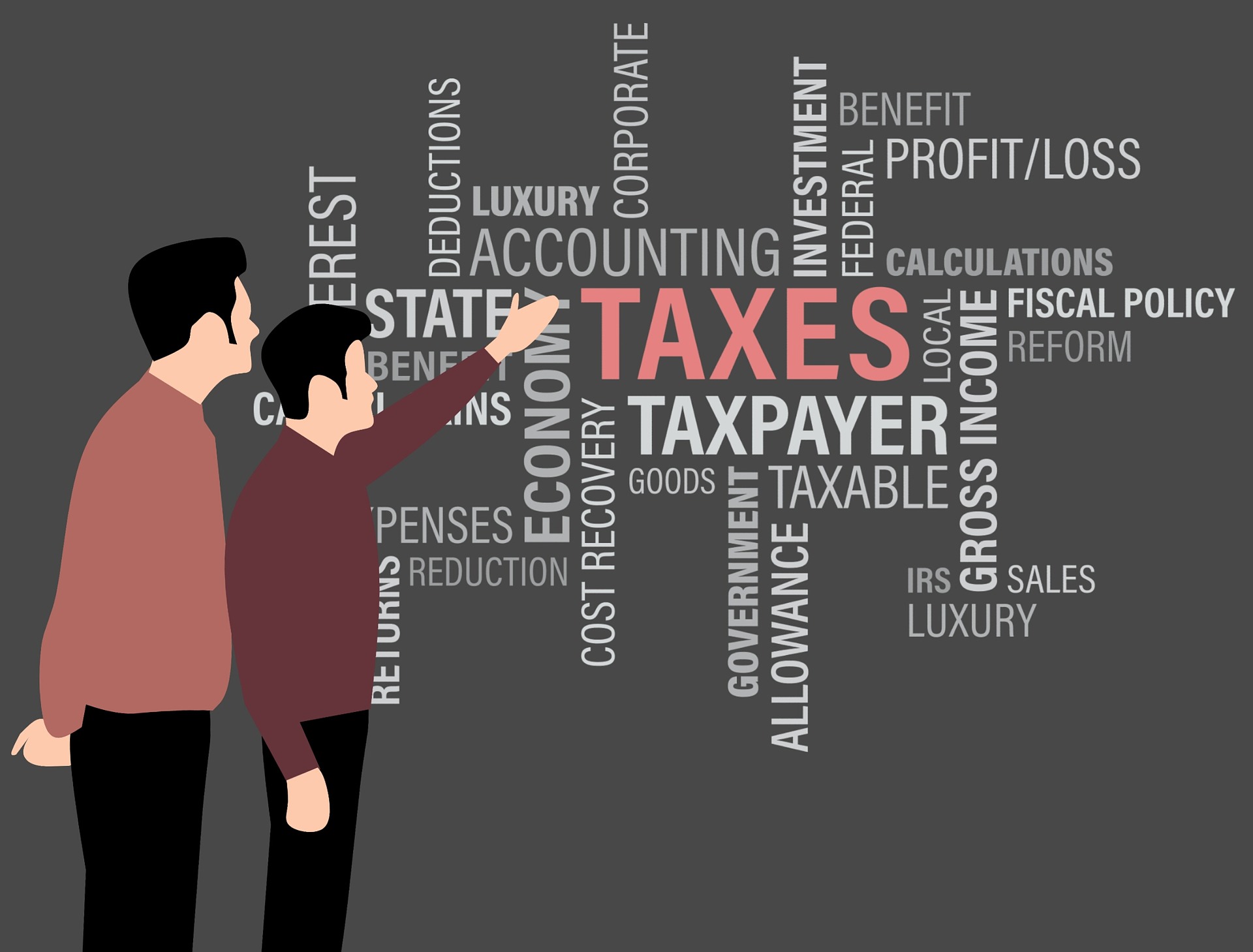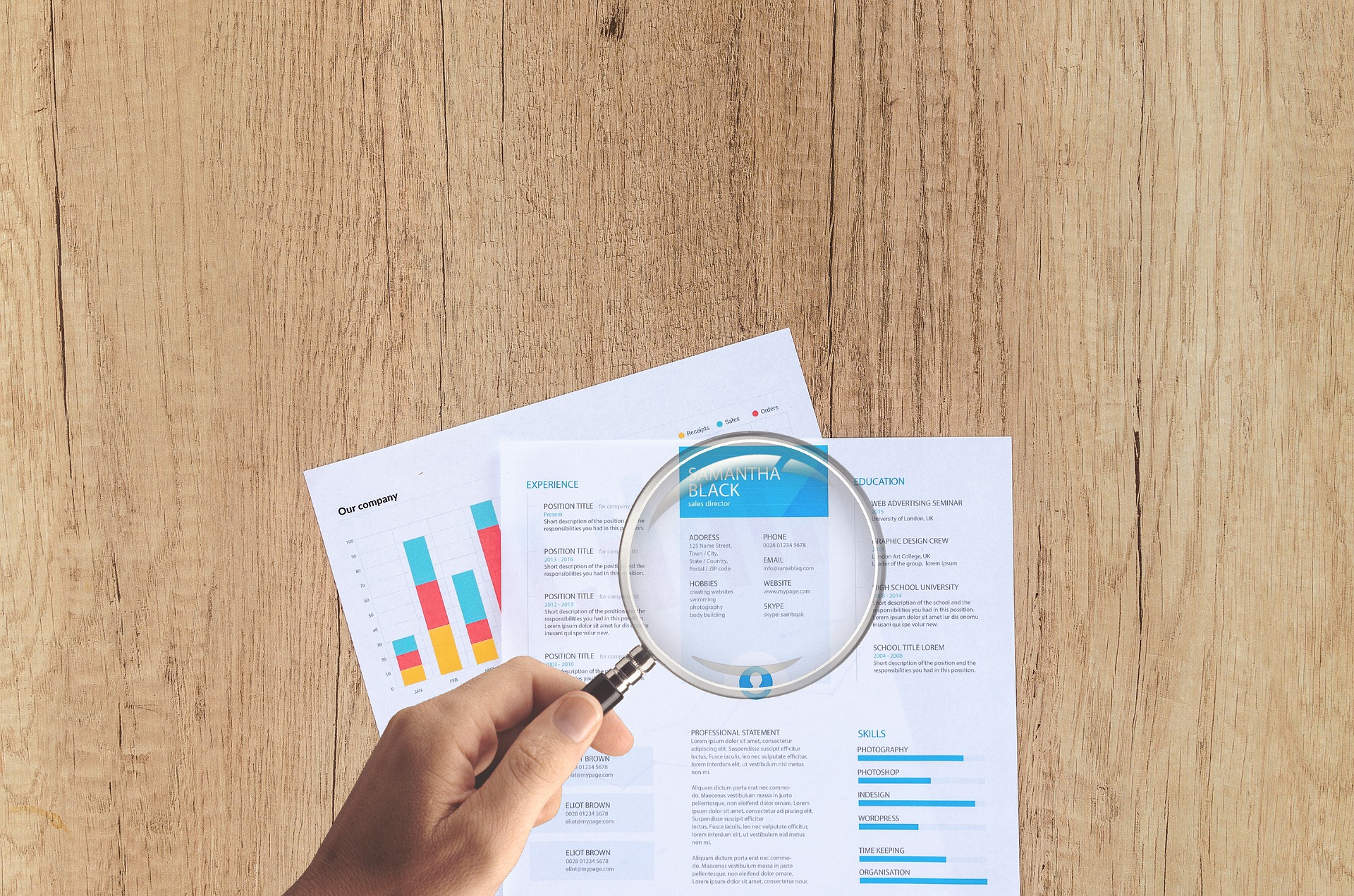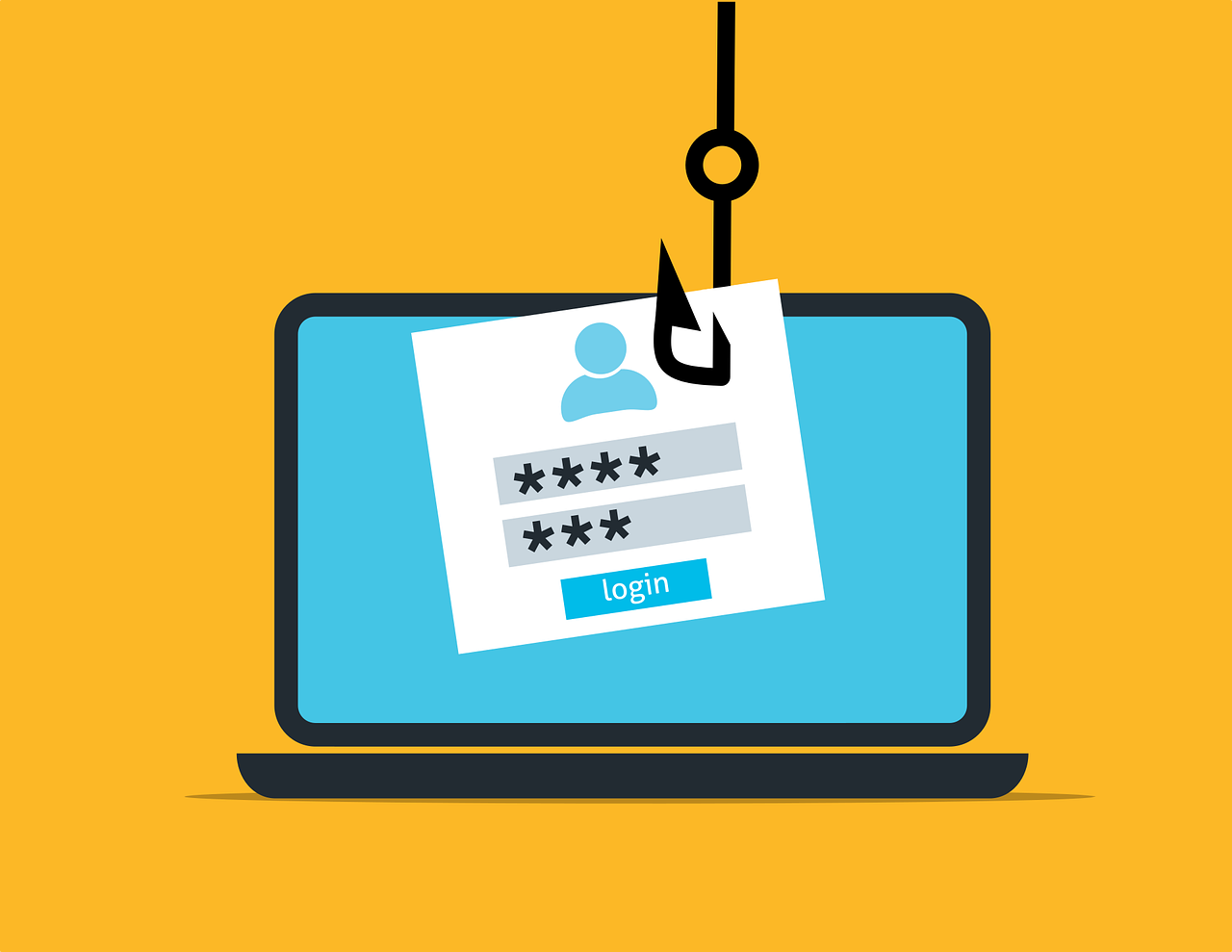Thanks to COVID, there were many changes to last year’s tax season. Let’s take a look at what is in store for 2022.
Filing dates
The deadline for individual returns this year is April 30; however, since this year that date falls on a Saturday, you won’t be penalized for returns that arrive no later than May 2nd. If mailing, make sure the package is postmarked by May 2nd. If you and/or your legally recognized partner (spouse, common law) are self-employed, your filing date is June 15.
Didn’t file last year… or the year before?
Get caught up. Enlist the services of an accountant, use self-serve tax software, or use a free tax clinic (if you qualify). There is no long-term benefit in avoiding filing, even if you owe money. The longer you wait, the more fees and penalties are applied. Even worse, you miss out on benefits, including some COVID-19 relief benefits, that you could be entitled to. If you are not filing because you owe money, CRA has some helpful options—but it all starts with you getting that paperwork in.

Payment deadline is also April 30
The filing date and payment date are indeed the same. Avoid penalties by paying on time or contact CRA if you need to discuss payment options. It takes time to assess your return; if you have over- or under-paid, this will be noted and remedied on your assessment.
You can go digital
If you have yet to go digital for filing, strongly consider it now. It is fast, easy, and it helps you get your refund faster. Sign up for My Account so you can take care of all your CRA dealings online – not just at tax time. It takes time to open My Account, so start the process now, not on the day of your filing deadline.
Get help
Taxes prepared on your behalf by an accountant greatly reduce errors and your stress level. Let’s face it, taxes are a lot more complicated lately! There is COVID-19 and the “some are but some aren’t taxable” benefits that came with that. Many people worked from home, and that brought up even more confusion about what could be deducted. If you started a small or e-commerce business during COVID, this can also affect your income and deductibles. If your new business made more than $30,000 in a calendar year, you should have collected and remitted GST. There are a lot of variables to consider, and tax law is complicated. If you do not have a straightforward tax return, it is well worth having a professional prepare your taxes.
Contact us to learn more
In addition to taxes, AF Accounting has many services for e-commerce sellers and small business owners across Canada. We can help you locally or remotely as we focus on being the modern solution provider for modern businesses. Contact us today to learn more.










